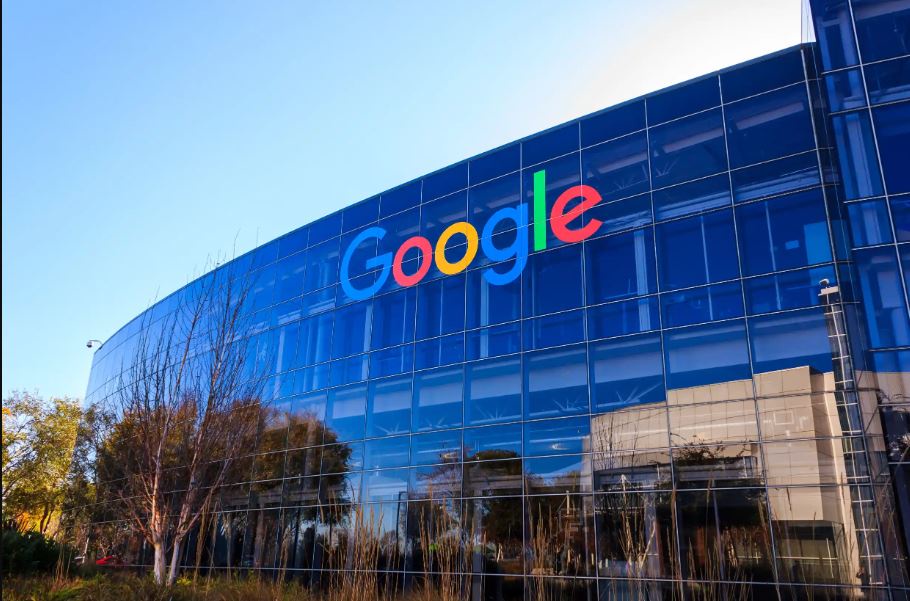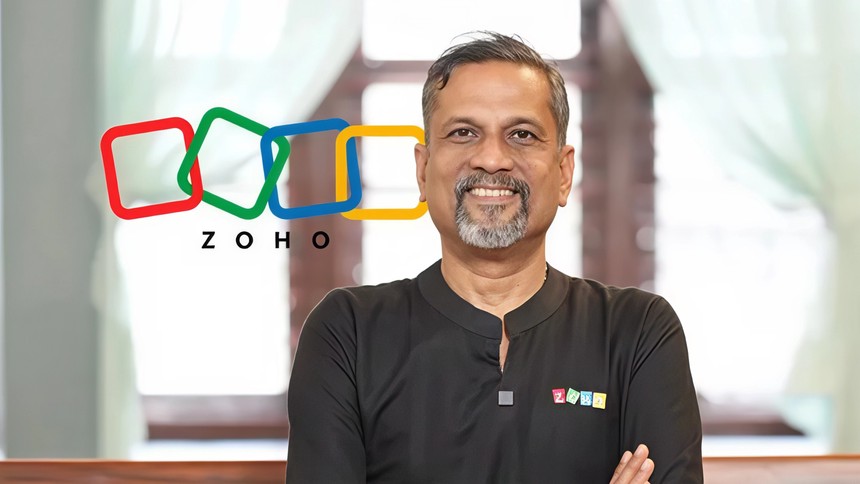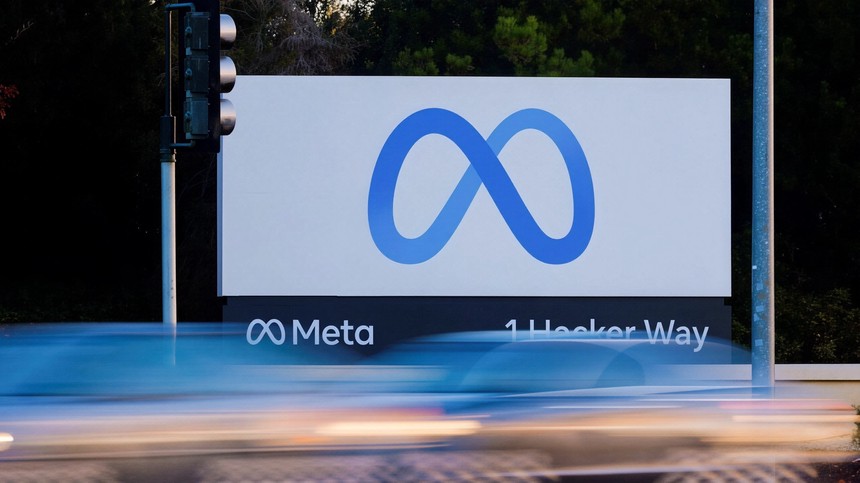Google has entered into a groundbreaking agreement to purchase energy from a nuclear fusion project, marking a major moment in the future of clean energy and artificial intelligence infrastructure. The tech giant has signed a deal with Commonwealth Fusion Systems, a startup born out of MIT, to buy 200 megawatts of power from its upcoming ARC fusion energy project based in Virginia. This energy purchase is not only meant to fuel Google's expanding network of AI data centres but also sets a precedent in the tech industry, becoming the world’s first direct corporate agreement for fusion generated power.
Unlike traditional nuclear fission, fusion replicates the reaction that powers the sun. It involves combining atomic nuclei to release massive amounts of energy without producing long lasting radioactive waste. Fusion has long been seen as the holy grail of energy solutions because of its potential to deliver near infinite clean power. But despite decades of research, the technology has remained largely experimental due to the immense challenges of achieving a sustainable and energy positive reaction. The ARC project by Commonwealth Fusion Systems aims to overcome those barriers, with power generation expected in the early 2030s.
The scale of this project is significant. The 200 megawatts that Google will purchase is enough to power a small city, and the total capacity of the ARC reactor will be around 400 megawatts. What makes this even more notable is that Virginia is a known hotspot for data centres, and energy needs in this sector are rising exponentially with the growth of AI. Google's AI models and platforms depend on massive computing power, which in turn requires reliable and sustainable energy sources. This deal is a bold move to ensure that the company can meet those needs without increasing its carbon footprint.
Michael Terrell, Google's head of advanced energy, acknowledged that there are still technical hurdles ahead. Fusion remains in the development stage, and projects like ARC have yet to reach engineering break even, the point where more energy is produced than consumed. But Google believes that early investment is the key to unlocking long term benefits. Terrell highlighted that addressing energy demands for AI and cloud computing must go hand in hand with climate responsibility. This fusion deal represents that philosophy in action.
CFS CEO Bob Mumgaard stressed the importance of ambition and partnerships in making fusion a commercial reality. He pointed out that without bold steps and support from major industry players like Google, the transition from laboratory to real world power grids would take much longer.
This agreement also signals a shift in how tech companies are thinking about their future. As AI models become more powerful and demand more computing capacity, the energy systems supporting them must evolve. Fusion energy offers a futuristic yet realistic path toward this evolution. It also demonstrates how innovation in clean energy and advanced computing can go hand in hand to shape a more sustainable digital economy.
With this deal, Google is not just buying energy. It is investing in a future where science fiction begins to meet reality. And if successful, it could reshape the power strategies of major corporations around the world.
For more updates on energy innovation and AI technology breakthroughs, follow Tech Moves on Instagram and Facebook.














